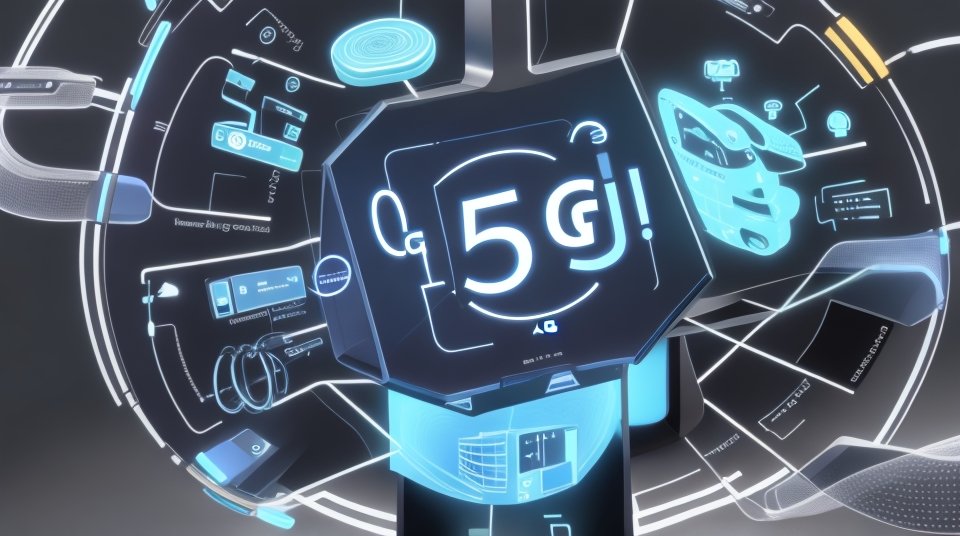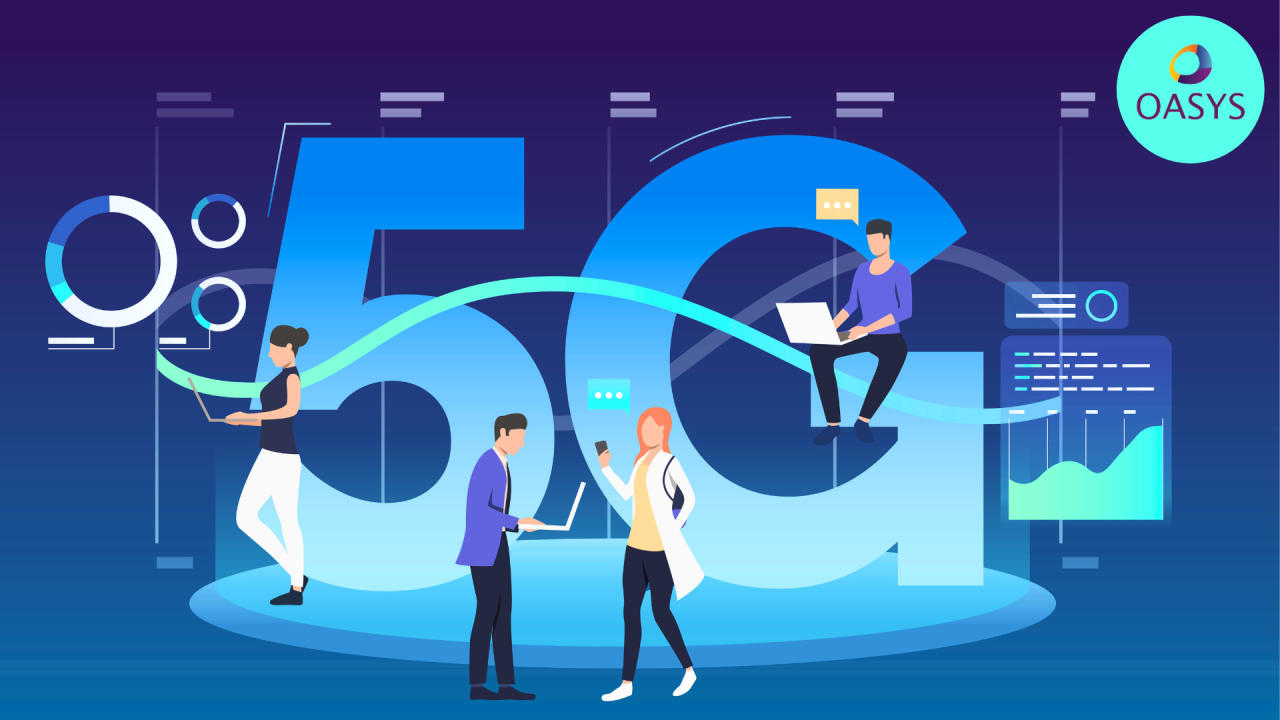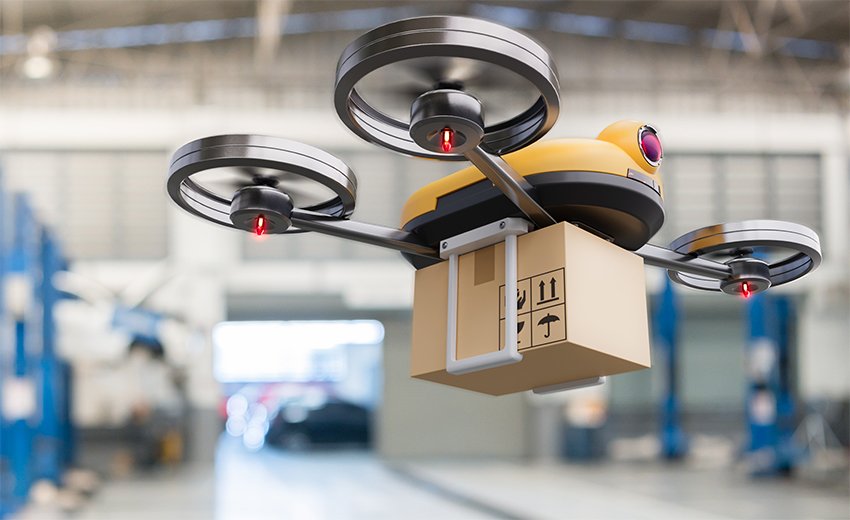5G technology is set to revolutionize connectivity worldwide, offering unprecedented speed, low latency, and massive device connectivity. As the fifth generation of wireless technology, 5G promises to transform industries, enhance user experiences, and enable new applications. This article explores the impact of 5G on connectivity and its potential to reshape the digital landscape.
Unmatched Speed and Bandwidth
One of the most significant impacts of 5G is its increased speed and bandwidth:
- Faster Data Transfer: 5G networks can achieve speeds up to 100 times faster than 4G, reaching up to 10 Gbps. This allows for quick downloads, seamless streaming, and enhanced browsing experiences.
- Higher Capacity: The expanded bandwidth of 5G supports more devices simultaneously without compromising speed or reliability. This is crucial for densely populated areas, stadiums, or events where numerous devices connect to the network.
These capabilities enhance the user experience, allowing for faster communication and more efficient data use.

Ultra-Low Latency for Real-Time Applications
5G offers ultra-low latency, which is essential for real-time applications:
- Latency Reduction: With latency reduced to as low as one millisecond, 5G supports real-time communication, crucial for applications like remote surgeries, autonomous vehicles, and augmented reality (AR).
- Enhanced Gaming Experiences: Gamers benefit from faster response times and reduced lag, resulting in smoother gameplay and more immersive experiences.
- Reliable Video Conferencing: Businesses can enjoy crystal-clear video conferencing with minimal delay, improving remote collaboration and communication.
Low latency is a game-changer for industries requiring real-time data exchange, improving efficiency and safety.
Enabling the Internet of Things (IoT)
5G technology is a catalyst for the growth of the Internet of Things (IoT):
- Massive Device Connectivity: 5G supports up to one million devices per square kilometer, enabling vast networks of IoT devices. This is crucial for smart cities, where sensors and devices communicate in real time to optimize services like traffic management and public safety.
- Smart Homes and Offices: With 5G, smart devices in homes and offices can communicate seamlessly, enhancing automation, security, and energy efficiency.
- Industrial IoT: In industries, 5G enables real-time monitoring and predictive maintenance of machinery, reducing downtime and increasing productivity.
By supporting a massive number of connections, 5G facilitates a more connected and efficient world.
Transforming Industries with 5G
5G technology is poised to transform various industries:
- Healthcare: 5G enables telemedicine, remote surgeries, and real-time monitoring of patients. Doctors can provide high-quality care from a distance, improving healthcare accessibility and reducing costs.
- Automotive: 5G is critical for autonomous vehicles, providing real-time data exchange between cars and infrastructure. It enhances vehicle-to-everything (V2X) communication, improving safety and traffic management.
- Manufacturing: In manufacturing, 5G supports smart factories with interconnected machines, robots, and sensors. This leads to more efficient production processes and reduced operational costs.
The transformative potential of 5G extends across sectors, driving innovation and efficiency.
Enhanced Mobile Experiences
For consumers, 5G brings significant improvements to mobile experiences:
- Augmented and Virtual Reality (AR/VR): 5G’s low latency and high speed enable more immersive AR and VR experiences. This impacts gaming, education, training, and virtual tourism.
- Seamless Streaming: 5G allows for uninterrupted 4K and 8K video streaming, even in high-density areas. This enhances entertainment experiences on mobile devices.
- Mobile Gaming: Mobile gamers benefit from faster speeds, minimal lag, and cloud-based gaming. This eliminates the need for high-end hardware, making gaming more accessible.
The improved mobile experience caters to the growing demand for high-quality, real-time content consumption.
Accelerating Smart Cities and Smart Infrastructure
5G plays a crucial role in developing smart cities and infrastructure:
- Smart Traffic Management: Real-time data from 5G-connected sensors helps manage traffic flow, reducing congestion and improving safety.
- Public Safety: 5G enables advanced surveillance systems, emergency response systems, and real-time communication between public safety agencies.
- Sustainable Energy Management: 5G supports smart grids that optimize energy consumption, integrate renewable energy sources, and reduce energy costs.
Smart cities rely on robust connectivity to function effectively, and 5G provides the foundation for these advancements.
Boosting Remote Work and Education
The COVID-19 pandemic highlighted the importance of reliable connectivity for remote work and education:
- Improved Video Conferencing: 5G ensures stable and high-quality video calls, enhancing remote collaboration and communication.
- Remote Learning: With 5G, students can access high-quality educational content, participate in interactive classes, and collaborate on projects from anywhere.
- Cloud Computing: 5G facilitates faster and more reliable access to cloud-based applications, enhancing productivity for remote workers.
By improving connectivity, 5G supports the growing trend of remote work and education.
Addressing Challenges and Future Prospects
While 5G presents numerous opportunities, it also comes with challenges:
- Infrastructure Investment: Deploying 5G requires significant investment in infrastructure, including new cell towers and equipment.
- Security Concerns: With more connected devices, the risk of cyberattacks increases. Ensuring robust security measures is essential.
- Spectrum Availability: Limited spectrum availability can hinder 5G deployment. Governments must allocate spectrum efficiently to support widespread adoption.
Despite these challenges, the future of 5G is promising. Continued innovation and collaboration between stakeholders will address these issues, unlocking the full potential of 5G technology.
Conclusion
5G technology is set to revolutionize connectivity by providing faster speeds, low latency, and massive device connectivity. Its impact spans various sectors, from healthcare and automotive to smart cities and mobile experiences. As 5G continues to roll out globally, it will transform how we live, work, and interact, paving the way for a more connected and efficient future.









